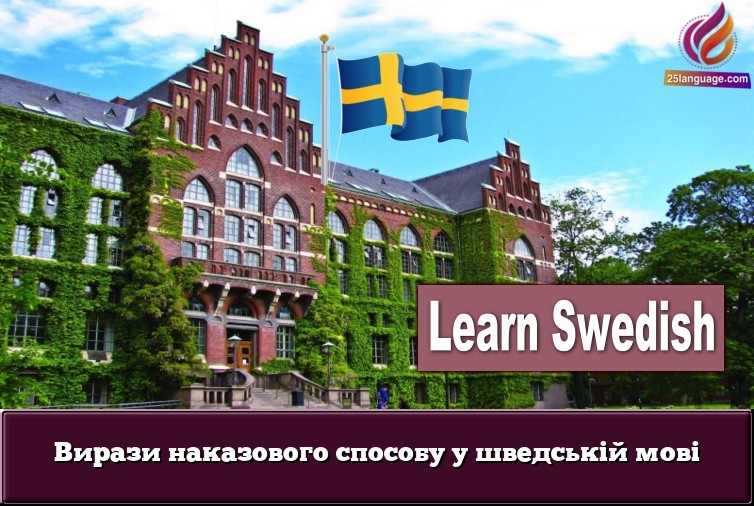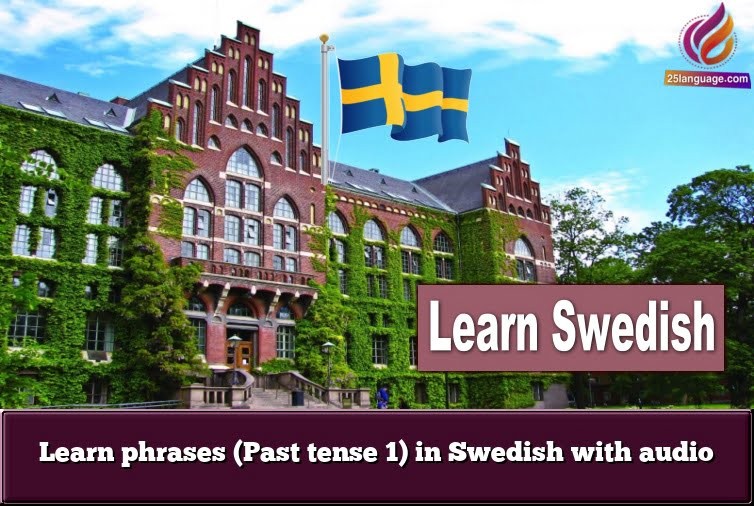Phrases about countries and languages in Swedish
Learn Swedish

: The importance of countries and languages
Countries and languages are integral components of human civilization, playing critical roles in shaping identities, fostering communication, and facilitating cultural exchange. Here are several key points highlighting their importance:
- Cultural Diversity: Countries are home to diverse cultures, traditions, and heritage, each contributing to the rich tapestry of human civilization. Languages are the vehicles through which these cultures express themselves, preserving unique histories, beliefs, and values. Embracing this diversity enhances mutual understanding and respect among nations.
- Identity and Belonging: Countries and languages are central to individual and collective identities. They provide a sense of belonging, anchoring people to their roots and fostering pride in their cultural heritage. Language, in particular, serves as a powerful symbol of identity, connecting individuals to their community and enabling them to express themselves authentically.
- Communication and Exchange: Languages are essential tools for communication, enabling people to convey thoughts, emotions, and ideas effectively. Countries with a common language often enjoy smoother interactions and collaborations, facilitating trade, diplomacy, and cultural exchange. Multilingualism further enriches these interactions, breaking down barriers and fostering global connectivity.
- Literature and Arts: Languages serve as mediums for artistic expression, allowing writers, poets, musicians, and artists to create works that resonate with audiences worldwide. Literature, music, cinema, and other forms of art not only entertain but also educate, inspire, and provoke thought, transcending linguistic and national boundaries.
- Economic Development: Countries with strong linguistic and cultural assets often leverage them as economic advantages. A rich cultural heritage can attract tourists, boost the creative industries, and stimulate innovation. Moreover, proficiency in multiple languages enhances individuals’ employability and opens up opportunities in the global marketplace.
- Preservation of Knowledge: Languages are repositories of knowledge, encapsulating centuries of human experience, wisdom, and scientific discoveries. Preserving linguistic diversity is crucial for safeguarding this collective heritage and ensuring that valuable insights are not lost to future generations.
- Promotion of Peace and Understanding: Countries and languages serve as bridges for fostering peace and understanding among nations. Language learning promotes intercultural dialogue and empathy, breaking down stereotypes and fostering mutual respect. Moreover, multilingualism in diplomacy facilitates effective communication and conflict resolution.
- Environmental and Geographical Diversity: Countries encompass a vast array of landscapes, ecosystems, and natural resources, each with its unique significance. Indigenous languages often carry invaluable knowledge about local flora, fauna, and sustainable practices, contributing to environmental conservation and biodiversity preservation.
In conclusion, countries and languages are essential facets of human existence, shaping identities, fostering communication, and preserving cultural heritage. Embracing linguistic and cultural diversity enriches societies, promotes peace, and strengthens our interconnected global community.
: Phrases about countries and languages
Below are some important sentences about countries and languages with translations
| English | Swedish |
|---|---|
| Countries vary in size, culture, and geography. | Länder varierar i storlek, kultur och geografi. |
| Language is a vital aspect of national identity. | Språk är en viktig aspekt av nationell identitet. |
| There are thousands of languages spoken worldwide. | Det finns tusentals språk som talas över hela världen. |
| Multilingualism is common in many countries. | Fler- eller mångspråkighet är vanligt i många länder. |
| Language diversity enriches cultural experiences. | Språkmångfald berikar kulturella upplevelser. |
| Countries often have official languages. | Länder har ofta officiella språk. |
| Languages evolve over time due to cultural influences. | Språk utvecklas över tid på grund av kulturella inflytelser. |
| Language revitalization efforts aim to preserve endangered languages. | Ansträngningar för att vitalisera språk syftar till att bevara hotade språk. |
| Dialects and accents vary within countries. | Dialekter och accenter varierar inom länder. |
| Learning a new language enhances cognitive abilities. | Att lära sig ett nytt språk förbättrar kognitiva förmågor. |
| Translation facilitates cross-cultural communication. | Översättning underlättar tvärkulturell kommunikation. |
| Indigenous languages carry cultural knowledge and traditions. | Urinvånarspråk bär på kulturell kunskap och traditioner. |
| Language barriers can hinder international cooperation. | Språkbarriärer kan hindra internationellt samarbete. |
| Language policies shape linguistic landscapes. | Språkpolitik formar den språkliga miljön. |
| Languages influence thought patterns and worldview. | Språk påverkar tankeprocesser och världsbild. |
| Countries with linguistic diversity face challenges in education. | Länder med språklig mångfald står inför utmaningar inom utbildning. |
| Bilingualism is beneficial for cognitive development. | Tvåspråkighet är fördelaktigt för kognitiv utveckling. |
| Sign languages are important for deaf communities. | Teckenspråk är viktiga för döva samhällen. |
| Language preservation efforts focus on documenting oral traditions. | Ansträngningar för att bevara språk fokuserar på att dokumentera muntliga traditioner. |
| Language shapes cultural norms and social interactions. | Språk formar kulturella normer och sociala interaktioner. |





























